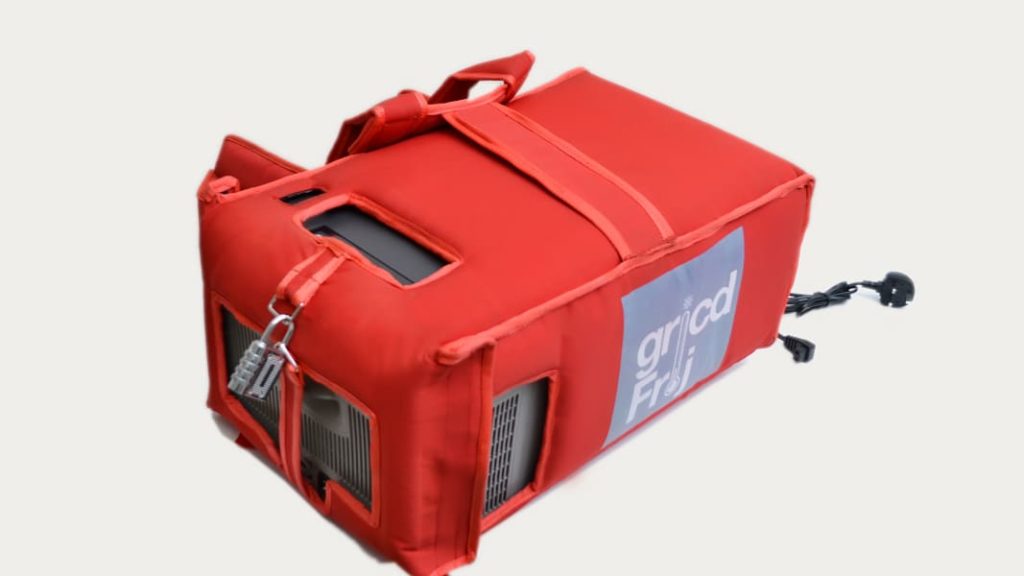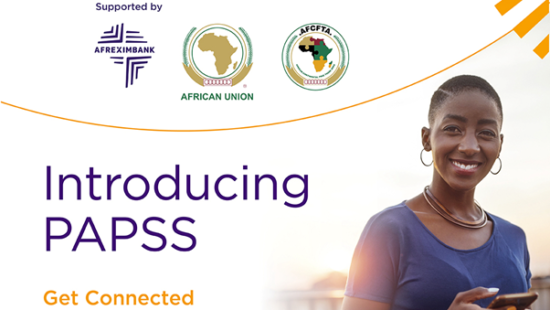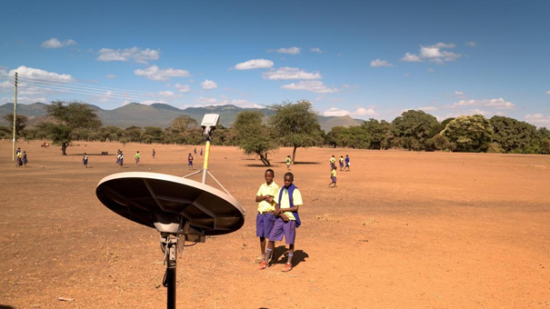Self-diagnosis apps, tracking solutions, robots to enforce health conditions… Since the beginning of the pandemic, technology has brought solutions to concerns raised by the Covid-19 crisis in Africa.
There is still a major challenge: though the African Union has obtained 270 million doses of vaccine for distribution on the continent and while vaccination campaigns have to begin, mass immunization, especially in low and middle-income countries, is as real logistical headache.
In particular, how can temperature-sensitive vaccines be carried to places lacking reliable electricity and refrigeration? Pfizer-BioNTech vaccine should be stored at -75 °C (-103 °F), while Moderna vaccine can be stored at -20 °C (- 4 °F).
These temperature requirements, which are difficult to meet even in the West, are out of reach for most African countries.
Mobile cold boxes

However, solutions are beginning to emerge with startups setting up “cold chains”. Indeed, a startup in Nigeria has anticipated by manufacturing cold boxes. "Gricd’s cold boxesare securely packaged and equipped with monitoring devices that can detect their location, internal temperature and humidity. This creates a monitored environment to ensure the vaccine’s effectiveness,” said the company. Temperatures in these cold boxes can therefore be kept at -20 °C and monitored remotely and in real time.
The company is currently working with the Nigeria Center for Disease Control and the Nigerian Institute of Medical Research (NIMR), by helping to collect and transport Covid-19 test samples to remote areas. It has also partnered with private health companies in South Africa, Ghana and Egypt, said the company’s founder Oghenetega IORTIM.
“Refrigerators need power to operate reliably to store vaccines safely, otherwise they get damaged. We therefore provide the energy”
The same goes for PEG Africa, a company that already operates on the continent and provides solar solutions. In a continent where 600 million people live off-grid, the group, with funding from Power Africa – a network of private and public groups set up by USAID – is providing to rural health clinics solar energy so that they can secure refrigeration for vaccines and conduct other medical procedures at the same time.

“Refrigerators need power to operate reliably to store vaccines safely, otherwise they will be damaged. We therefore provide the power,” Hugh WHALAN, CEO of PEG Africa said in an interview with CNN.
Once the pilot project which is currently being tested in Ghana, Côte d'Ivoire and Senegal is completed by mid-year, Hugh WHALAN hopes to use the same financing and distribution infrastructure to deploy solar refrigerators and freezers in health clinics and immunization points. It has already received Performance, Quality and Safety (PQS) certification from the World Health Organization.
This is the proof, if any is needed, that Africa is showing innovation and multiplying initiatives to find local responses to the challenges posed by the Covid-19 pandemic.





